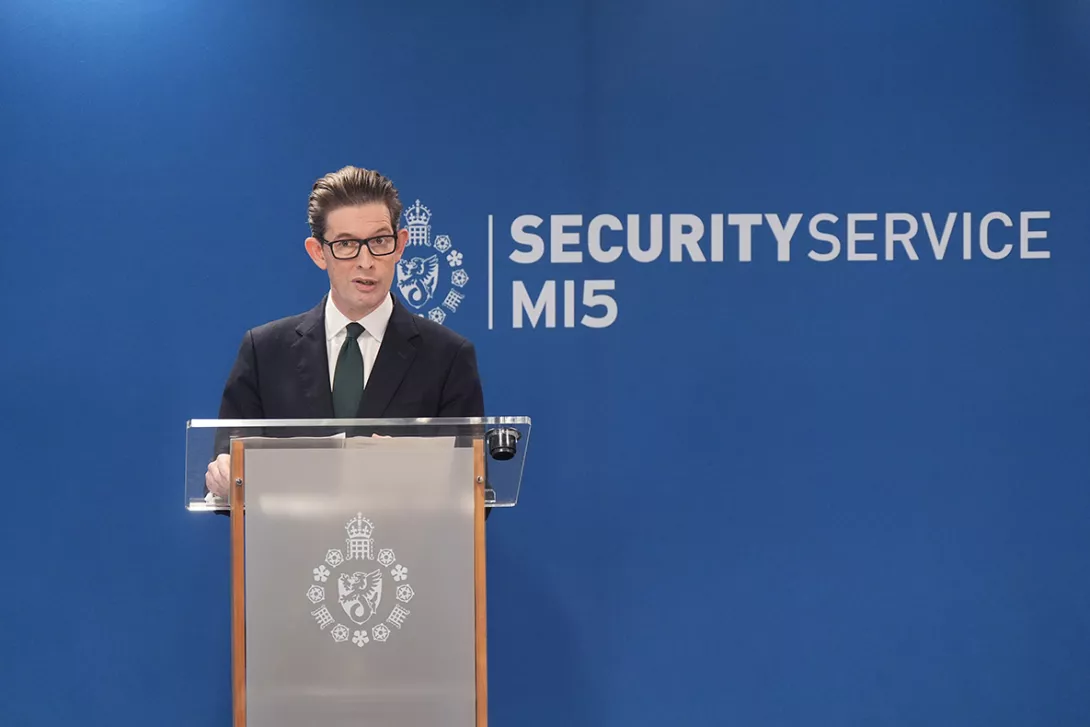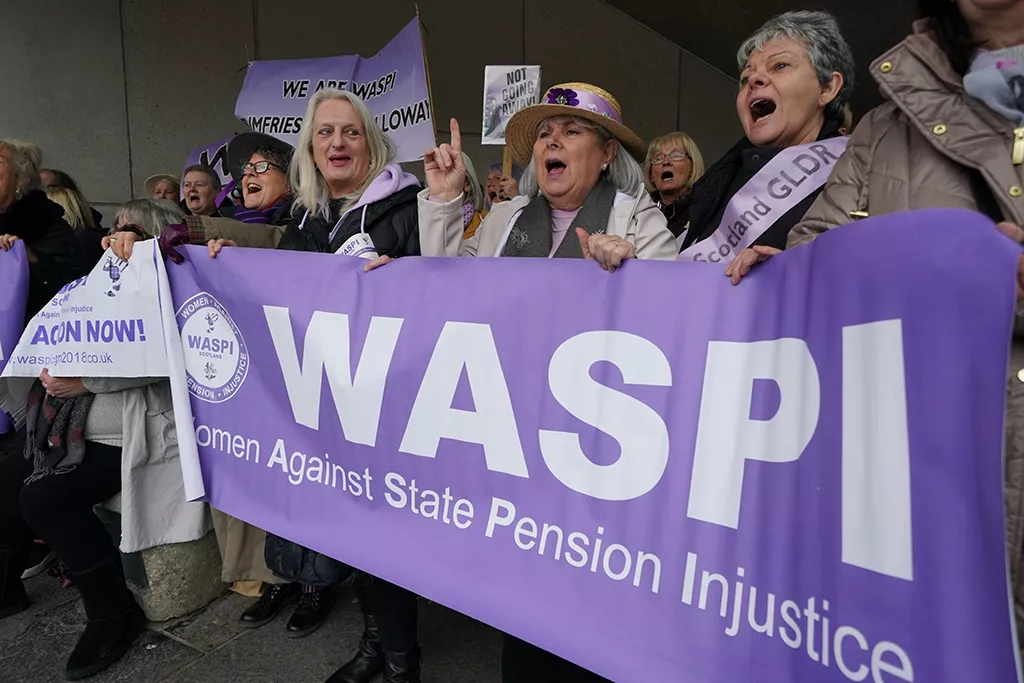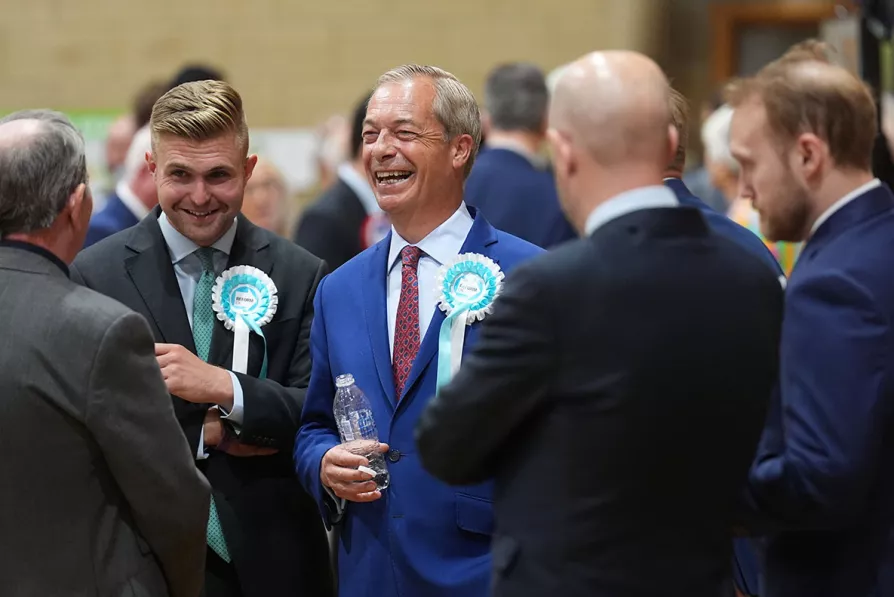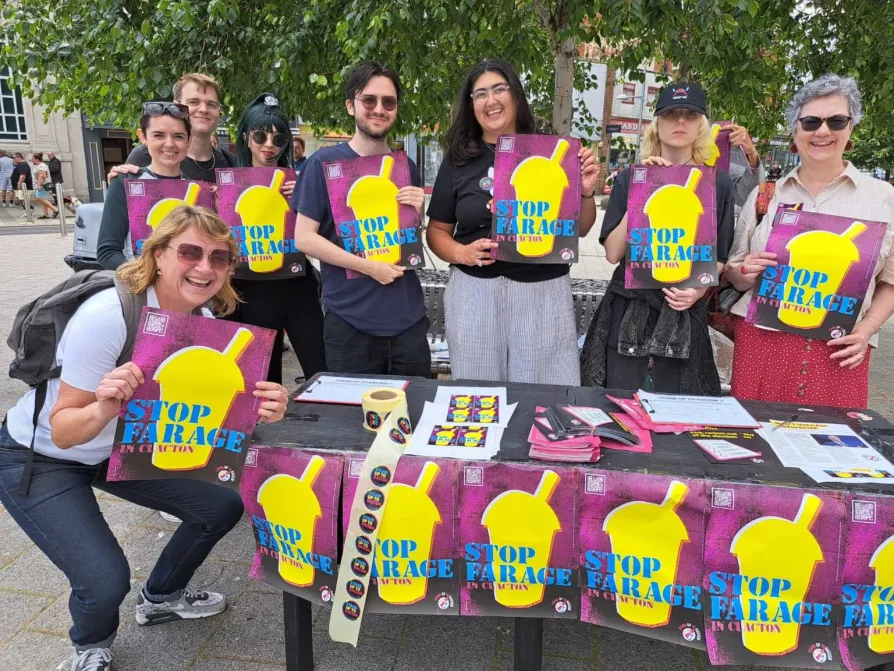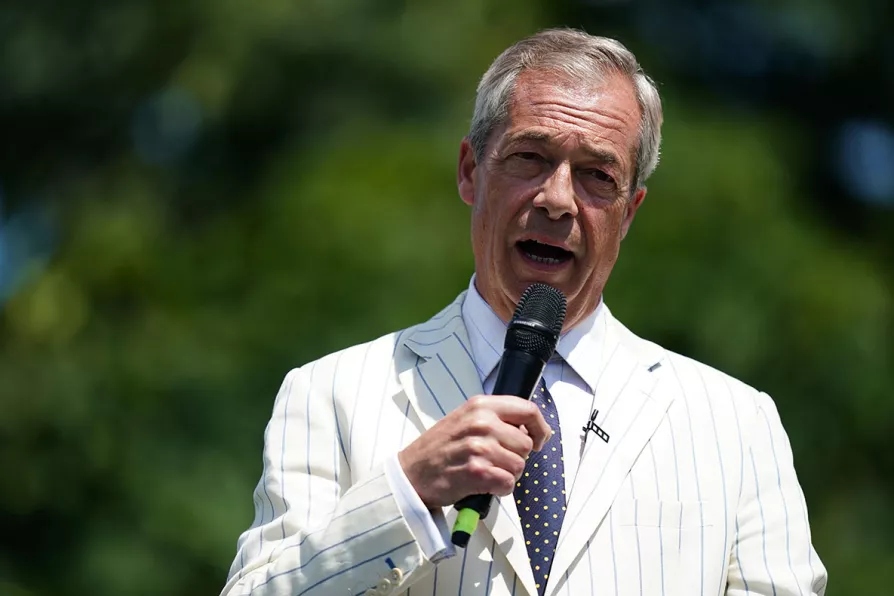The proxy war in Ukraine is heading to a denouement with the US and Russia dividing the spoils while the European powers stand bewildered by events they have been wilfully blind to, says KEVIN OVENDEN
A view from the ground in Clacton
ANDREW MURRAY visits Nigel Farage’s target constituency and wonders what it is about the seaside town that has put it in Reform UK’s sights
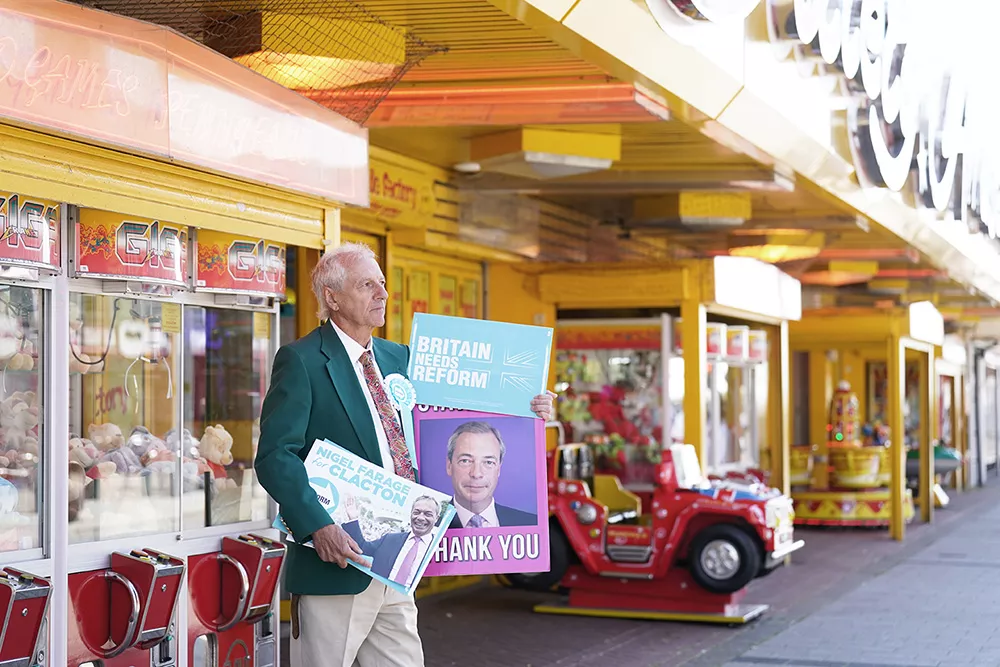
WHY Clacton? What makes this Essex seaside town ground zero for national populism in Britain?
When Nigel Farage made a screeching U-turn and announced his eighth bid to be elected to Parliament, he does not seem to have spent long pondering which lucky constituency to thrust himself on.
It is the seat which gave Ukip its only elected MP, Douglas Carswell, so there is form. But Carswell had originally won election as a Tory, and Ukip was anyway a single-issue party with that issue very much top of the Essex coastal agenda — Clacton voted for Leave by over 70 per cent.
More from this author
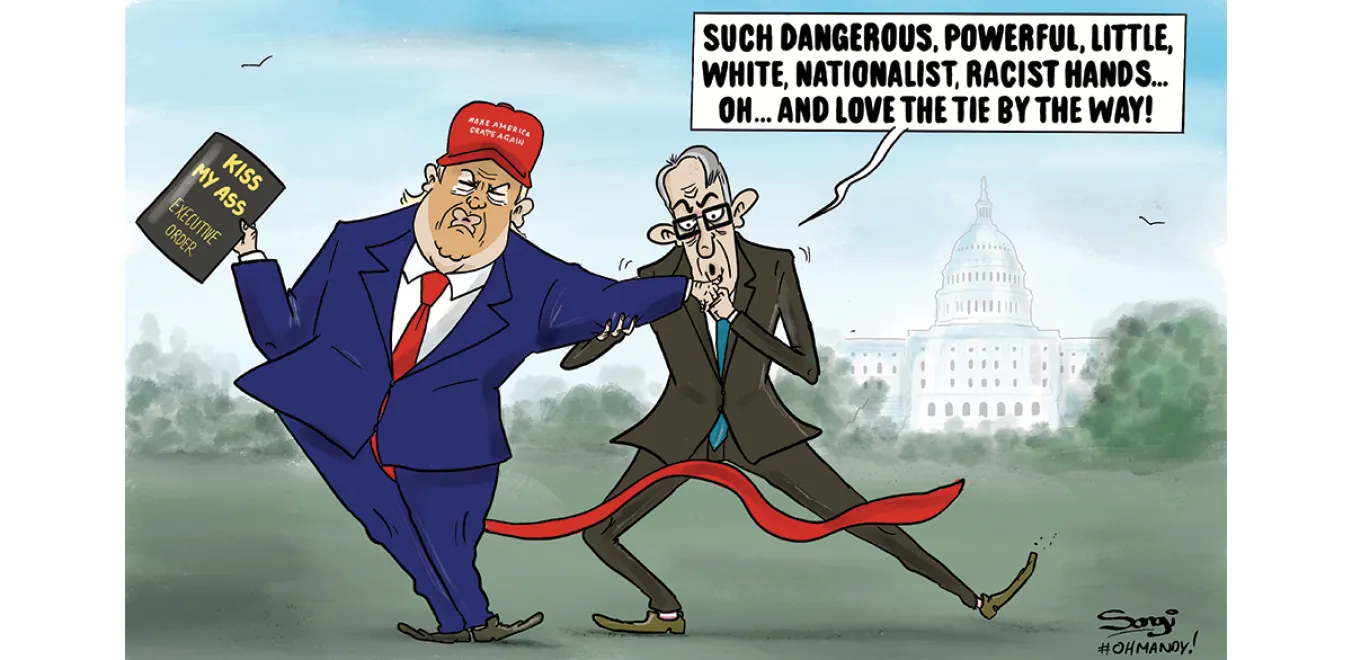
ANDREW MURRAY surveys a quaking continent whose leaders have no idea how to respond to an openly contemptuous United States
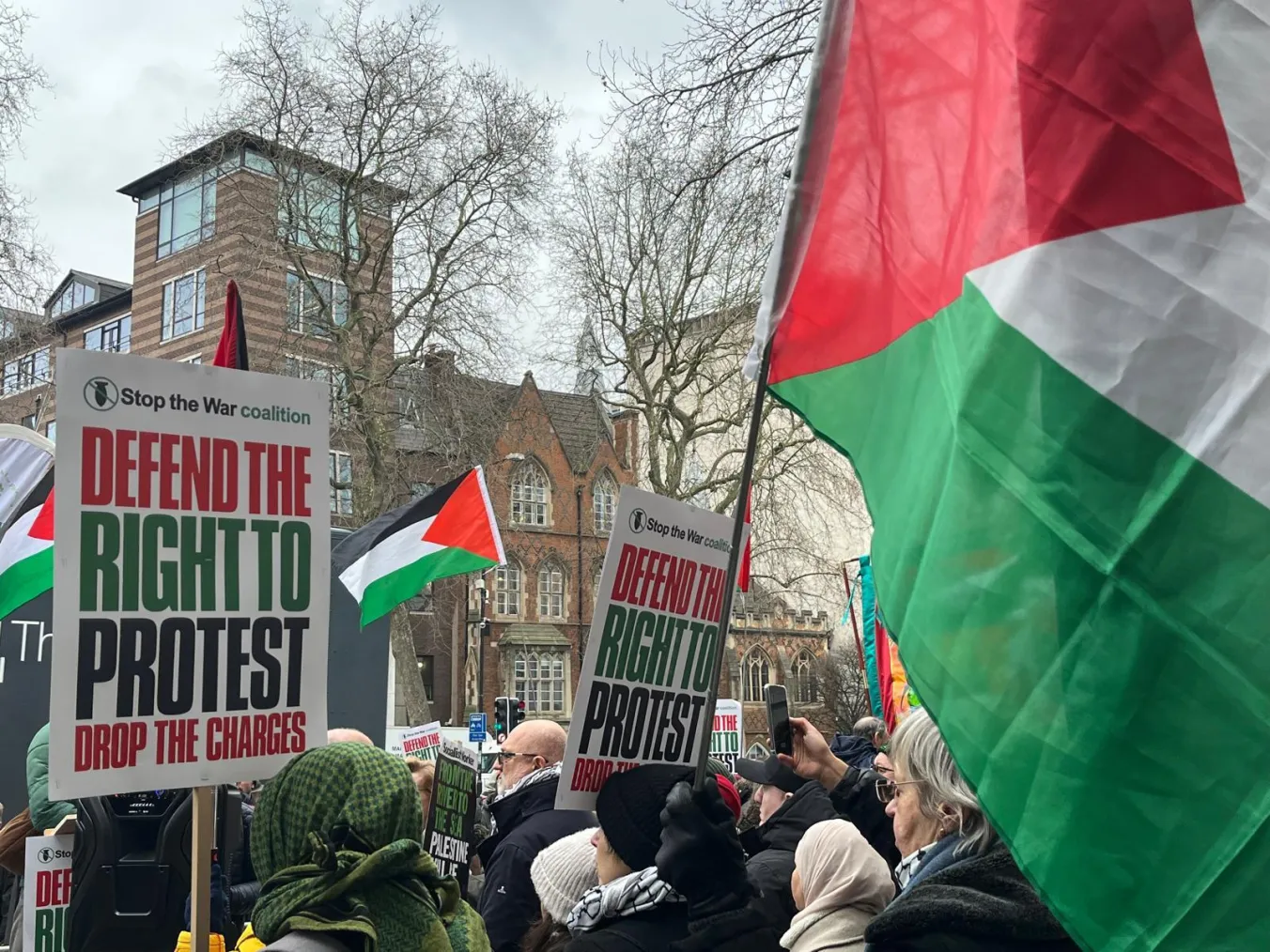
Hundreds protest outside Westminster Magistrates’ Court as Stop the War Coalition and Palestine Solidarity Campaign activists attend court
Similar stories
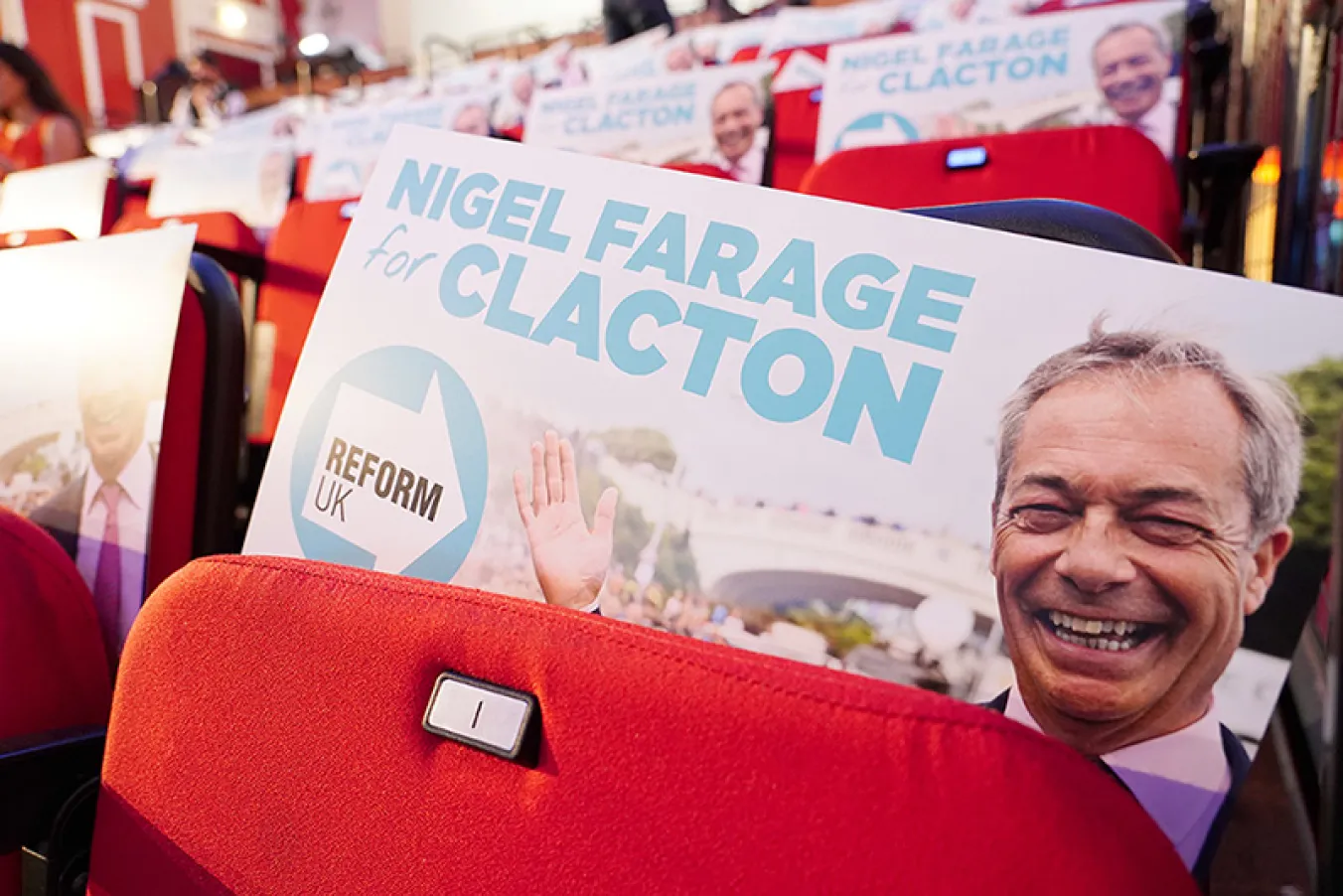
Beating Farage at the ballot box should be a top priority for the labour movement, argues CHARLEY ALLAN










